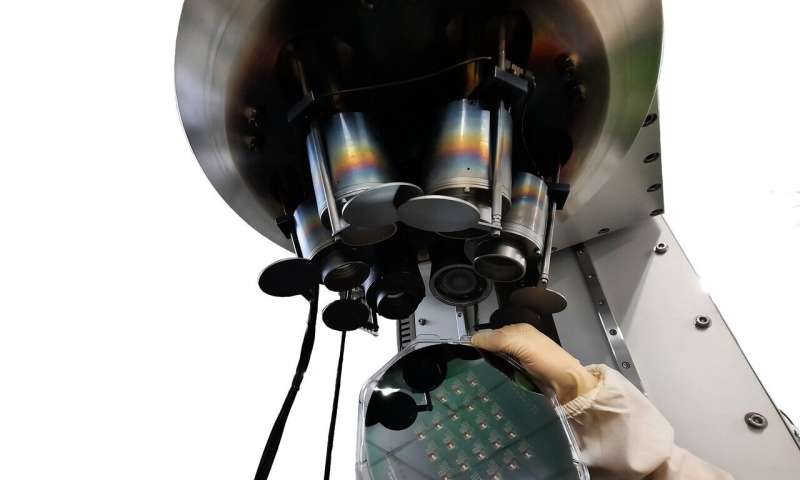Magnetoresistive random access memory (MRAM) is the
top candidate for next-generation digital technology. However,
manipulating MRAM efficiently and effectively is challenging. An
interdisciplinary research team based at National Tsing Hua
University (NTHU) in Taiwan, led by Prof. Chih-Huang Lai,
Department of Materials Science and Engineering, and Prof. Hsiu-Hau
Lin, Department of Physics has now achieved a breakthrough. By
adding a layer of platinum only a few nanometers thick, their
device generates spin current to switch the pinned magnetic moments
at will—a task that has never been accomplished before. For faster
reading and writing, reduced power consumption and retaining data
through a power outage, MRAM is particularly
promising.




